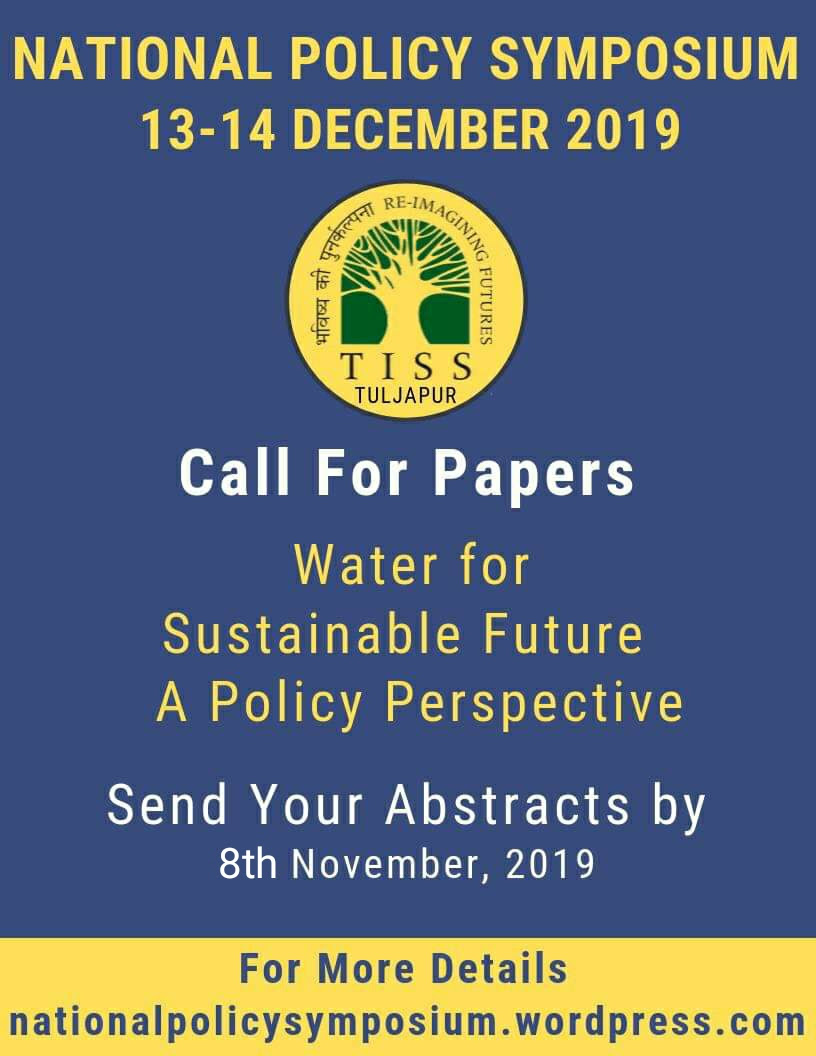/topics/health
Health
India’s rivers carry deadly pathogens
Posted on 30 Oct, 2019 01:02 PMDiarrhoea is one of the leading killers of children under the age of five in developing countries. Diarrhoea is rampant in India, with diarrhoeal diseases being the most prevalent of all waterborne diseases in the country.

Unregulated e-waste hotspots operating in Delhi with no safeguards
Posted on 28 Oct, 2019 02:11 PMA study by Toxics Link, a Delhi-based environmental research and advocacy non-profit identified 15 e-waste processing hotspots in Delhi operating with impunity without safeguards. These hotspots house over 5,000 illegal e-waste processing units directly and indirectly employing over 50,000 people.

Mapping Pune’s aquifers
Posted on 25 Oct, 2019 01:13 PMPune continues to face a water crisis every summer despite having sufficient water, thanks to its geographical location and plentiful natural water assets. While enough of its water needs are taken care of by water supply from the Khadakwasla dam, the use of groundwater to meet the needs of the population continues to increase.

Saving Aarey, the last lungs of Bombay
Posted on 11 Oct, 2019 06:30 PMLast week saw protests of a different kind in Mumbai. Activists and citizens from all walks of life came together to protest the cutting of trees in Aarey Milk Colony, one of the few surviving green lungs of the fast growing and polluted city of Mumbai.

Deadly chemicals from detergents end up in rivers
Posted on 06 Oct, 2019 10:18 AMIt’s ironic that detergents, which are meant for cleaning, flow into water bodies and pollute them with chemicals.

From droughts to floods: India’s tryst with climate extremes
Posted on 01 Oct, 2019 11:54 AMIndia has witnessed extreme weather conditions this year. While parts of the north and south have battled drought like conditions this summer, the northeast and western coastal areas witnessed heavy rains and floods.

The Water Future Conference in Bangalore: Towards a Sustainable Water Future
Posted on 30 Sep, 2019 12:38 PMThe Water Future Conference in Bangalore last week, saw many from the scientific community, academia, research, civil society and the media come together to discuss the state of water resources across the world and in India, as well as future pathways and scenarios, and different technological a

Return of the pearl millet
Posted on 28 Sep, 2019 01:46 PMPandutalav, a small quiet village nestled in the dry teak forests in the tribal pocket in Dewas boasts an authentic rural way of life. This little dot on the map is known for its attempts to introduce indigenous varieties of crops, in particular pearl millet these days.

Manual scavenging is inhumane: SC
Posted on 24 Sep, 2019 01:08 PMSupreme Court question authorities on why manual scavenging still prevails







